Want to attend the course but can’t make it on this date?
Fill in your details below and we’ll notify you when we next present a course in this area:
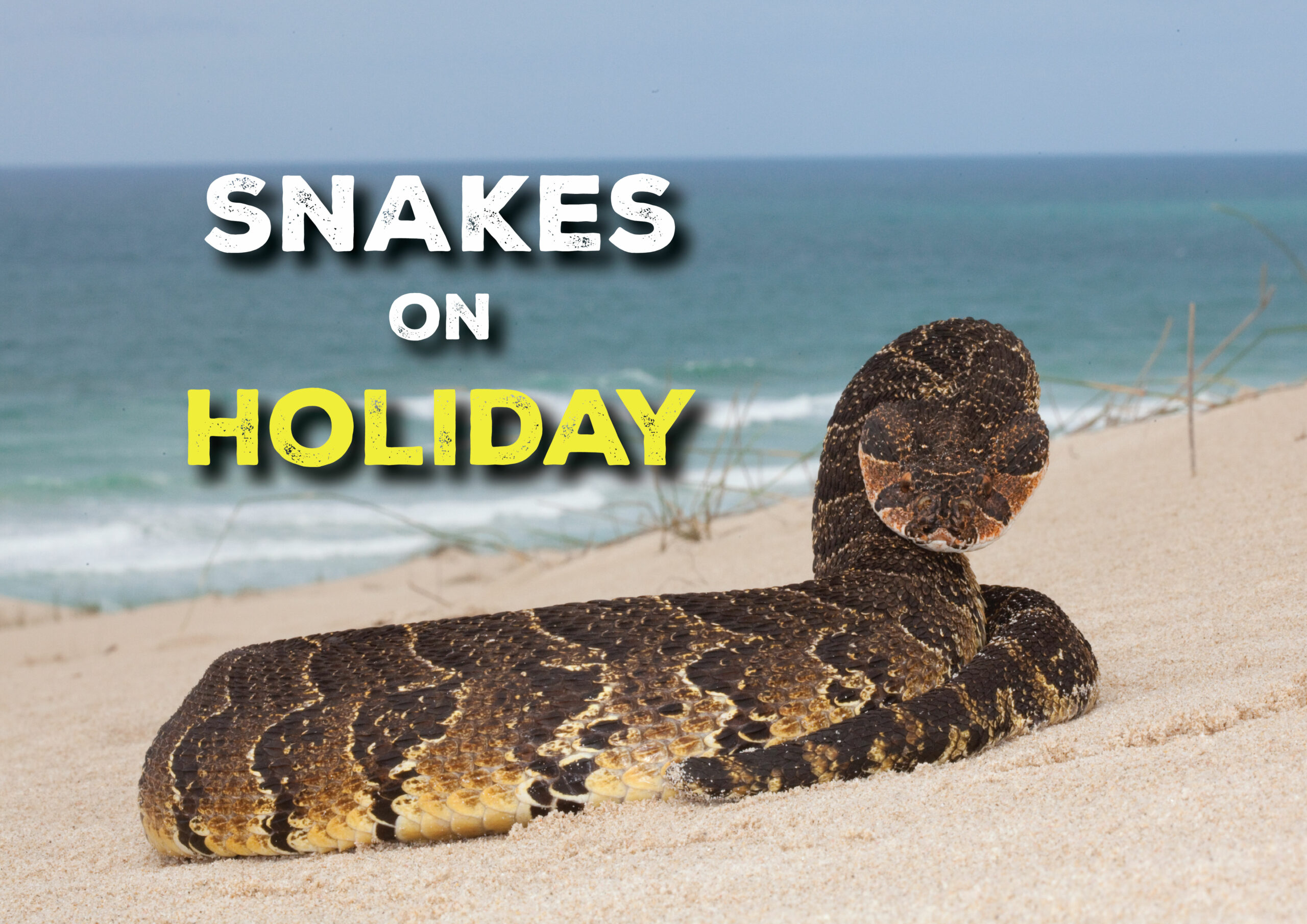
December, a time for friends, family, and fun. While you’re planning on a quiet few weeks with nothing to do but catch a few sun rays at your favourite holiday spot, it’s easy to forget that nature doesn’t have the luxury of pausing over the festive season. The warm December weather tends to lead to increased laziness in humans, but it has quite the opposite effect on many of our snakes and other critters, with whom we share our favourite holiday spots. Here’s a few tips to stay safe around snakes and other venomous animals as we head off into the festive season.
Marine Envenomation
The ocean is the place to be, but not all beach visits end in rosy cheeks and beautiful sunsets. Strong shore winds frequently blow Blue Bottles and Jellyfish into the surf zone and onto the shore, often in very high densities. These animals float in the ocean using their long tentacles to snare fish and other small organisms which they eat. The tentacles are covered in a series of small stinging cells (called Cnidocytes) and should an unlucky bather come into contact with them, the little barbs lodge into the skin and inject venom into the body. This can be extremely painful. Various remedies claim to be able to ease the pain but unfortunately, they are not all based on truth. Urinating on the sting is one such theory that does not work, so are rubbing sand and washing the site with cold water. Venom from marine animals denatures very quickly when exposed to temperatures above 45 degrees Celsius, and so, a very hot bath or shower brings instant relief. This also helps for stingray stings and other stings from fish such as the sea barbel. Vinegar also appears to offer some pain relief and can be gently rubbed over the affected area.

Malaria
Anyone opting for a wilder holiday experience in the Kruger National Park or further afield into Mozambique, Zimbabwe and northwards, need to keep in mind that mosquitos in these areas are capable of inflicting something much more serious than a little redness and itching at the sight of the bite. Malaria kills more people than snakes in Africa every year. Sleep under mosquito nets and apply insect repellents to help reduce the chances of being bitten when visiting high risk malaria areas. Prophylactics have also come a long way and are largely effective in preventing malaria infections. If you experience flu-like symptoms after your visit to a malaria area, get a malaria test done. It is crucial to treat malaria early on, as the later stages of the disease often become terminal. Small children who cannot communicate with their parents yet should not be taken to malaria areas, as the risk of the disease going unnoticed till its too late is quite high.

Scorpions
These small animals are mostly nocturnal and due to their size and cryptic coloration, it is not uncommon for people to notice the presence of a scorpion only after they have been stung. They are common, even in urban environments. Flip flops and a braai are a great recipe to accidentally get stung by these animals. Scorpion stings usually result in great pain however, if stung by a Thick-tailed Scorpion (Parabuthus sp.) the patient is also likely to have trouble breathing. This can be fatal. When walking around at night make sure to wear closed shoes and use a flashlight. A UV light (scorpion torch) is the best option as a scorpion’s exoskeleton glows brightly under this light. When shining these lights around campsites, we are always astonished at how many scorpions we find walking around in between oblivious campers. When putting on clothing and shoes make sure to shake them out thoroughly before putting them on. Also be careful when collecting firewood and picking up other debris, as scorpions often hide on the underside of such objects. Most stings are painful but not a medical emergency and the pain should subside after a few hours. In the case of stings from the large Thick-tailed Scorpions, it is advisable to get to medical attention as soon as possible.
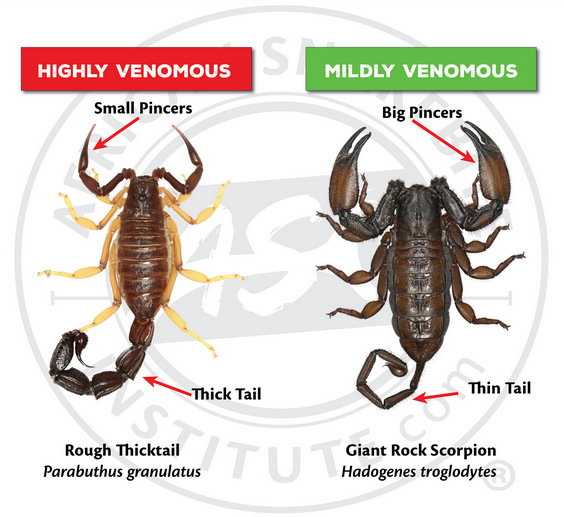
Snakes
December is one of our warmest months and this results in heightened snake activity. Snakes are cold blooded (ectotherms) and depend on the temperature of their environment to heat up and become active. Many of our favourite holiday spots are in quaint, quiet places far away from the noise and pollution of the cities. Snakes also prefer these quieter places and thus snake encounters during this time of year are frequent. If you encounter a snake outside, it is always best to back off about five paces, this means you will be out of range of spitting snakes and at no risk of being bitten. Snakes don’t chase people, so as long as you don’t corner the snake it will move off by itself. If you should encounter a snake inside your accommodation, it is also best to back away. Try to watch the snake from a safe distance of about 5m and call a snake remover to assist with relocating the snake. The contact details for your local snake remover can be found on the free ASI Snakes app. More than 85% of all snakebites are inflicted below the knee. Be vigilant when walking outside, watch your step and use a flashlight at night to avoid being bitten. If in an area where Spitting Cobras are found make sure you close your flyscreens or sleep under a mosquito net at night, to avoid the possibility of being bitten by one of these snakes while you’re asleep.
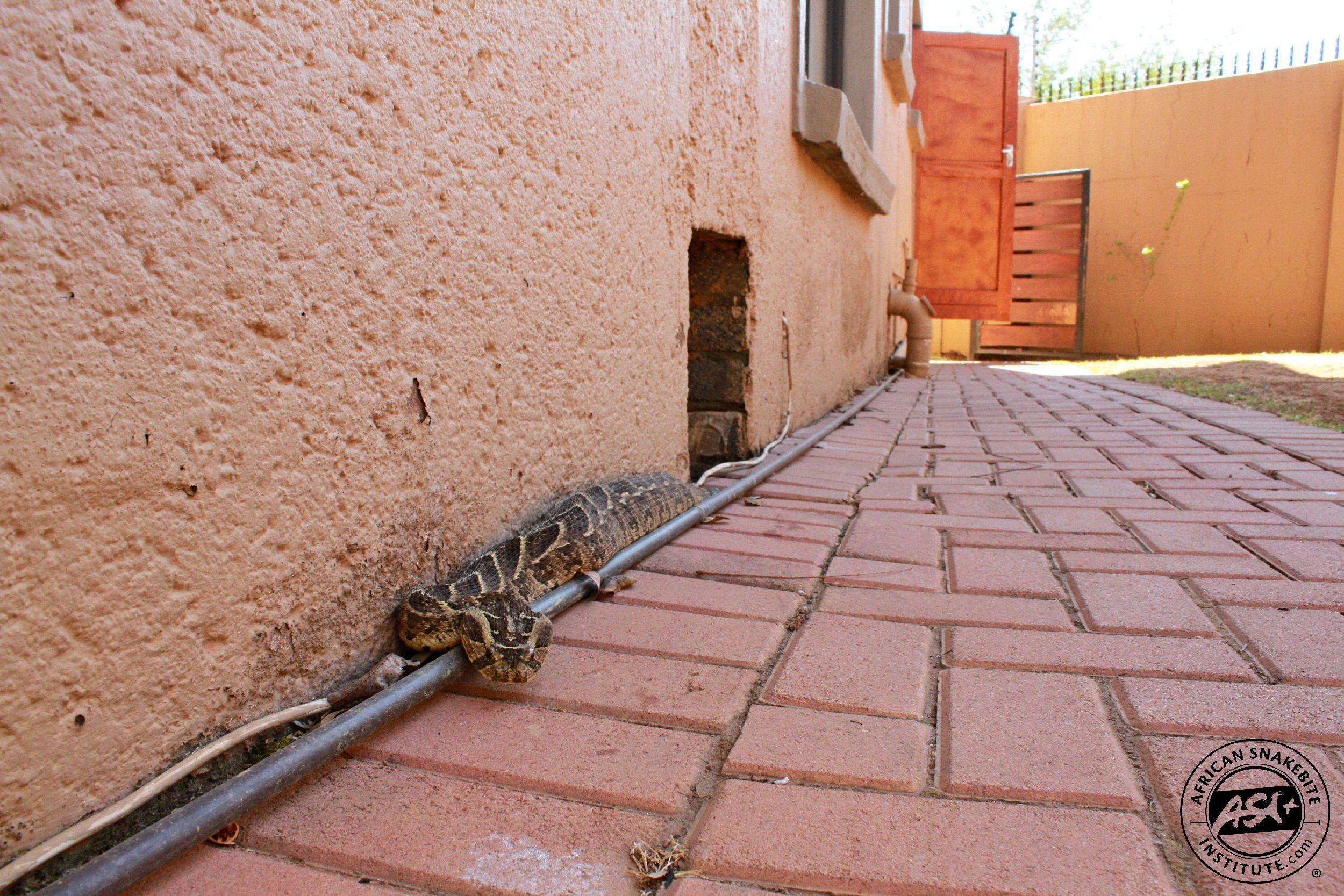
Camping
There’s nothing better than falling asleep to the sounds of the bush under a starry sky. However, being this close to nature comes with its own risks. Tents, sleeping mats and sleeping bags provide ideal shelters, not only for you, but also for small animals. To prevent unwanted guests from entering your sleeping quarters, don’t leave tents open. When it is time to go, take precautions when rolling up your tent to check if there are no animals hiding underneath it. It is not uncommon to find scorpions or even snakes curled up underneath. Campsites often border the bush and thus animal encounters can be frequent. It is always a good idea to stay vigilant when walking through these sites by wearing closed shoes, using flashlights and looking where you place your feet. Accidents can still happen, and this is where the free ASI Snakes app can be a very helpful resource. Using the app, you can identify different snake, spider and scorpion species, obtain first aid information and find relevant emergency contact details.
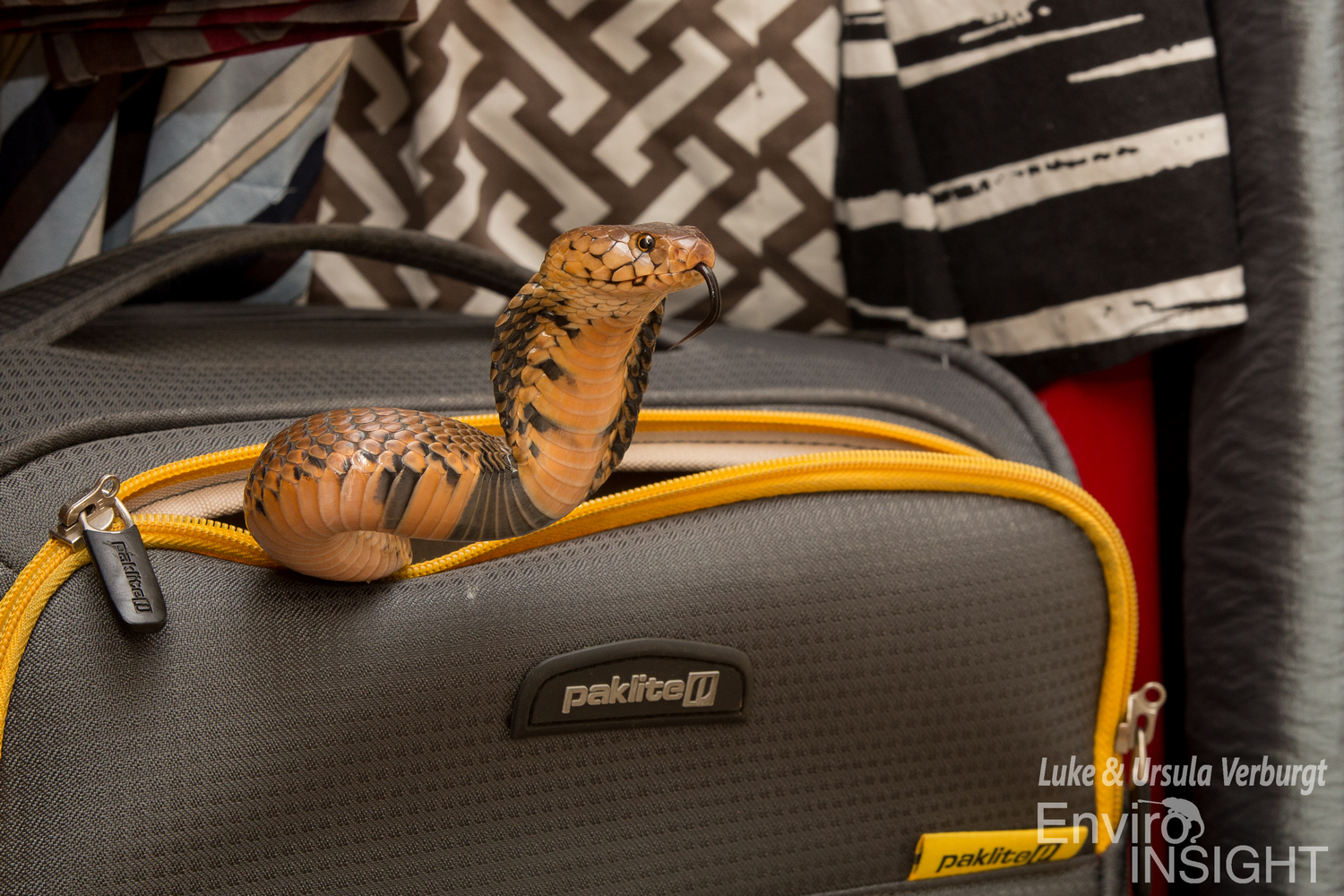
Hiking
We South Africans love the outdoors and what better way to experience it than to go for a refreshing hike. When we hike, we have to remember that we are entering places where nature is in charge. Snakes are common in these areas and encounters are frequent. Snakebites can be a serious emergency for a hiker as help is often hours away. When hiking make sure that you wear closed shoes and ideally long pants. This reduces the risk of a serious bite greatly. Stick to the paths as this will allow you to watch your step to avoid accidentally stepping on a snake. When stepping over rocks and logs step onto them first, a snake may be basking on the other side. Snake gaiters are the ultimate protection against snake bites and if you want to be 100% safe this is the way to go. Our LITE gaiters are a great choice as they offer optimal protection but won’t weigh you down.
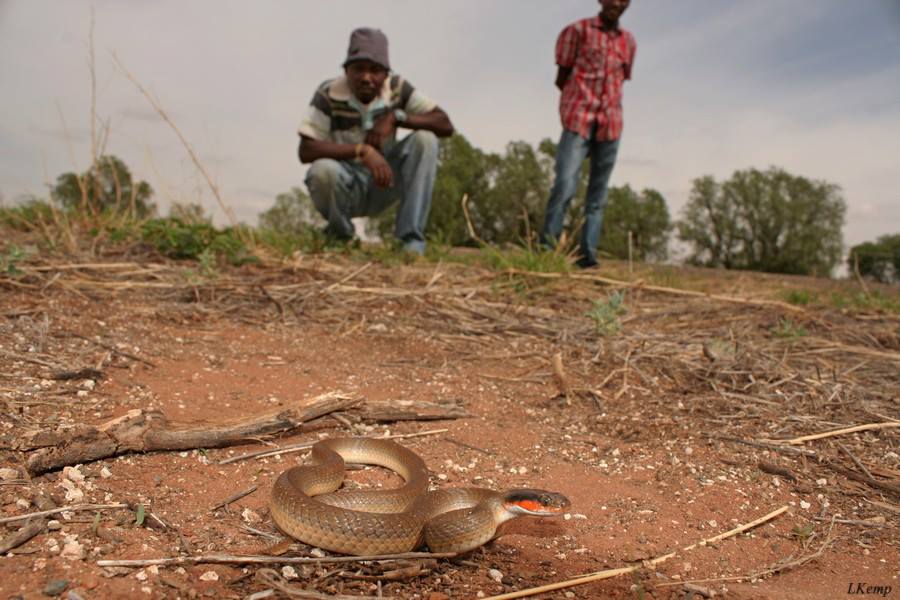
Snakes and alcohol
With festivities well on their way it is not uncommon for alcohol consumption to increase amongst holiday goers. Drinking and driving is never a good idea and the same applies to handling snakes. Alcohol hampers hand-eye coordination and impairs judgement, making it extremely unsafe to try and handle snakes. Even if you are a trained snake handler you should never attempt to catch a snake after you’ve consumed alcohol. Rather call a remover to assist with the capture. With the help of the free ASI Snakes App, it is easy to get the contact details for the local snake removers in your area.
We hope you all have a safe and enjoyable festive season and if you have the privilege of seeing wild snakes, post your sighting on the Snakes of Southern Africa Facebook page so we can all enjoy your sighting.
CONTACT US:
Product enquiries:
Caylen White
+27 60 957 2713
info@asiorg.co.za
Public Courses and Corporate training:
Michelle Pretorius
+27 64 704 7229
courses@asiorg.co.za
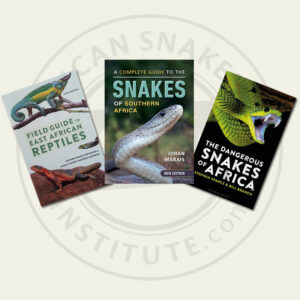 ASI Book Combo 2
ASI Book Combo 2
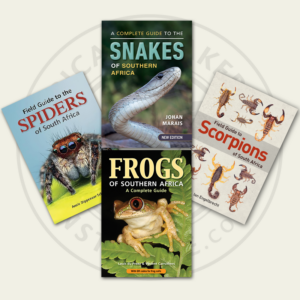 Rangers Book Combo 2
Rangers Book Combo 2
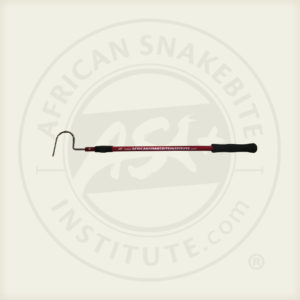 ASI Collapsible Snake Hook - 1.2 m
R650.00
ASI Collapsible Snake Hook - 1.2 m
R650.00
Want to attend the course but can’t make it on this date?
Fill in your details below and we’ll notify you when we next present a course in this area:
Want to attend the course but can’t make it on this date?
Fill in your details below and we’ll notify you when we next present a course in this area:
Want to attend the course but can’t make it on this date?
Fill in your details below and we’ll notify you when we next present a course in this area:
Want to attend the course but can’t make it on this date?
Fill in your details below and we’ll notify you when we next present a course in this area:
Want to attend the course but can’t make it on this date?
Fill in your details below and we’ll notify you when we next present a course in this area:
Want to attend the course but can’t make it on this date?
Fill in your details below and we’ll notify you when we next present a course in this area:
Want to attend the course but can’t make it on this date?
Fill in your details below and we’ll notify you when we next present a course in this area:
Want to attend the course but can’t make it on this date?
Fill in your details below and we’ll notify you when we next present a course in this area:
Want to attend the course but can’t make it on this date?
Fill in your details below and we’ll notify you when we next present a course in this area:
Sign up to have our free monthly newsletter delivered to your inbox:
Before you download this resource, please enter your details:
Before you download this resource, would you like to join our email newsletter list?